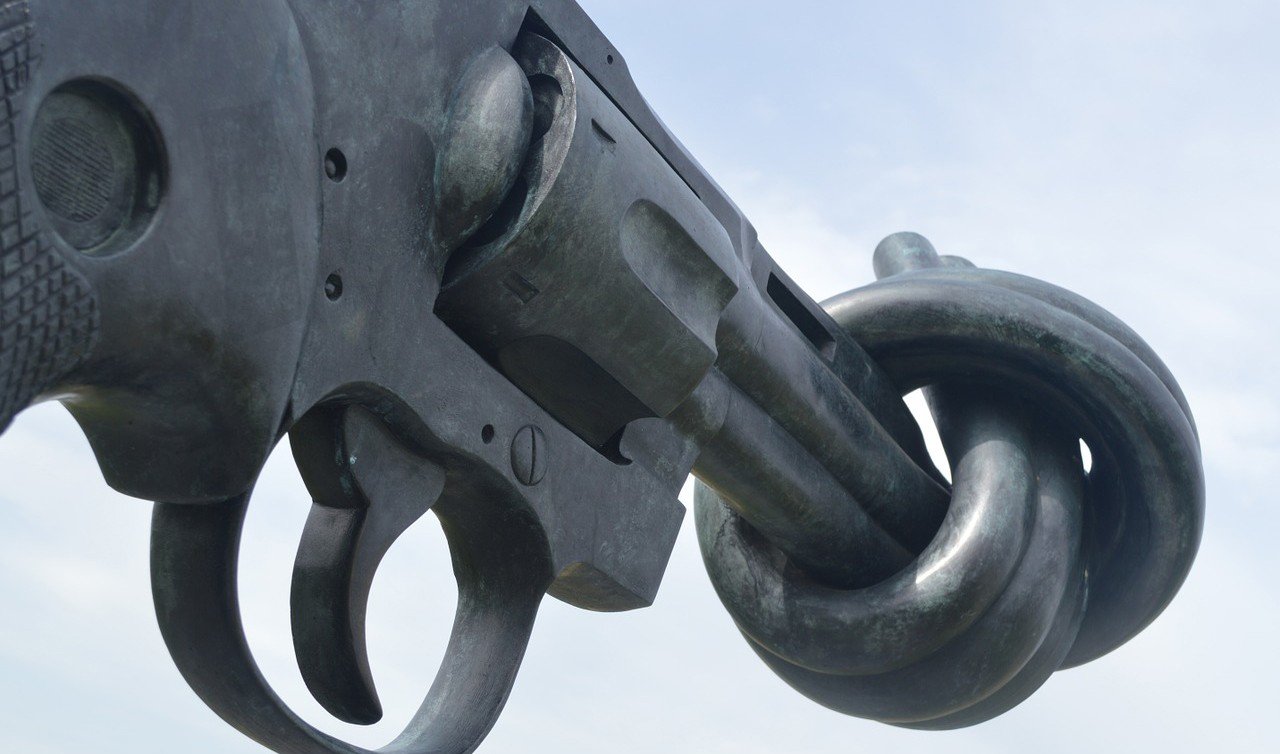Psalm 120 Commentary
by Brad Boyles
“The Meshechites were presumably descended from Meshech, a grandson of Noah through Japheth (Gen 10:2; 1Ch 1:5). They were said to trade in slaves and copper (Eze 27:13), and may have invaded the Near East from the north. Often associated with the tribe of Tubal, they were infamous for their violence (Eze 32:26). The tribe of Kedar, whose name may mean “black” or “swarthy,” were Ishmaelites (Gen 25:13; 1Ch 1:29). As nomads in the desert area to the east of Israel, they controlled the caravan routes between Palestine and Egypt, tending large flocks (Isa 60:7) and, it was said, living in black tents. One of Nehemiah’s enemies may have been a king of Kedar.”
Nelson’s Commentary
Those who oppose God have no peace. The psalmist desires peace (and even expects it) from his enemies because He knows this is a characteristic of God. He believes that in the Kingdom of Heaven, peace reigns supreme. It is not referring just to people who get along with each other, but being at peace with a holy God. One scholar writes, “the hopefulness and wholesomeness of life when living is knit into the fabric of relatedness to God and others and world. It is the at-one-ness that makes for goodness.”
The irony here is that under the old covenant the people of God were quick to judge the Gentile nations. Their desire much of the time was for God to destroy the surrounding enemies and ascend their nation to prosperity. Under Jesus, we now have missionaries who intentionally enter into pagan tribes and nations in order to bring them the Gospel. They risk their own lives to bring a message of peace and hope. As Christians, we have found the truest peace, and wish to share it with the world even if that means facing war and death.
It’s important to distinguish the calling we have as peacemakers in this world. We can stand up for truth while also standing for peace.




